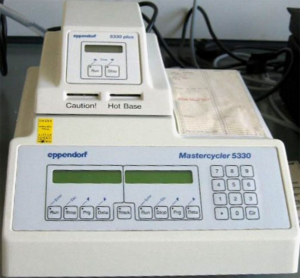
Improper use of PCR causes more harm than good
PCR testing is a valuable tool for detecting pathogens, when done correctly, but relying on it solely is not consistent with adequate biosecurity.
An evaluation of single-trait and multi-trait approaches through larviculture study to assess domestication and aquaculture potential of wild species.

PCR testing is a valuable tool for detecting pathogens, when done correctly, but relying on it solely is not consistent with adequate biosecurity.
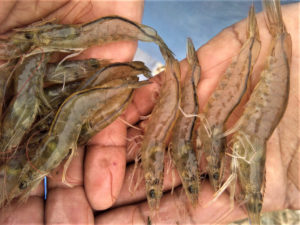
Conditions causing frequent urination in shrimp – like sudden salinity drops combined with high virus load – can make nephrocomplex a portal for pathogens.
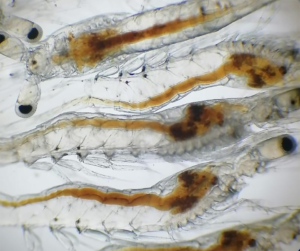
Study evaluates effects on Pacific white shrimp gut microbiota after salinity reduction, addition of Bdellovibrio and like organisms (BALOs).
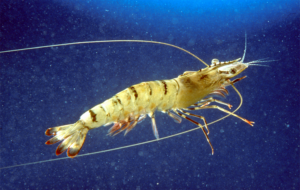
Authors demonstrate relationships between family skews in cultured P. monodon shrimp, balancing sampling effort and genotyping cost.
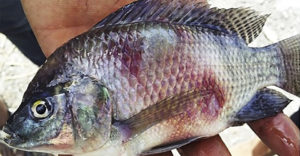
Investigating factors associated with tilapia mortality in Egypt during the summer season using a novel online survey tool to gather epidemiology data.
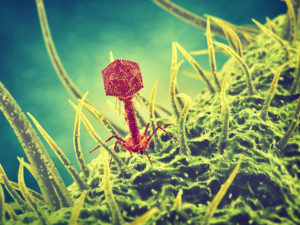
Fish health and welfare in aquaculture could soon be assisted by the most abundant organism on the planet, if a new partnership nets its intended result.
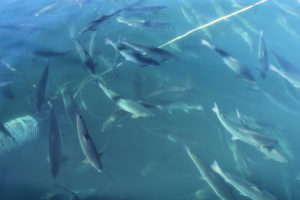
Emerging bio-logger technologies can provide valuable physiological, behavioral information of free-swimming, individual fish over long periods of time.
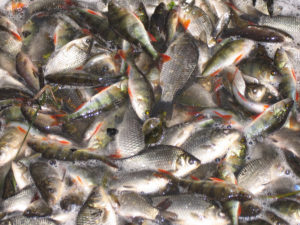
Estimating global trends in antimicrobial use in aquaculture in 2017 and 2030 to help target surveillance efforts and antimicrobial stewardship policies.
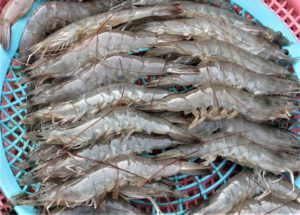
Analyzing population dynamics in a super-intensive, closed shrimp farm in Japan shows factors decreasing productivity, improvements for efficient management.
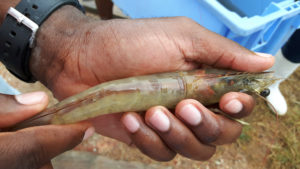
Evaluating the quality and survival of Pacific white shrimp postlarvae from non-ablated female broodstock, a holistic biosecurity and management strategy.
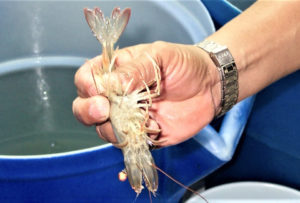
Research compares differences in female reproductive performance for Pacific white shrimp broodstock reared in earthen ponds and recirculating tanks.

Israeli companies ViAqua Therapeutics and TransAlgae say their orally administered medicines for shrimp and fish aquaculture are in the pipeline.
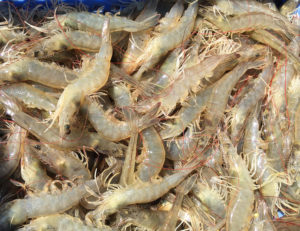
Study assesses how environmental conditions and bacterial community dynamics impact white feces disease outbreaks in commercial shrimp ponds.
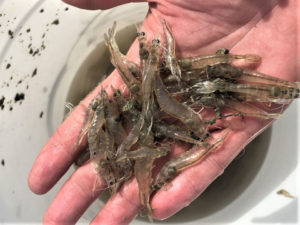
An investigation of several physiological responses in L. vannamei juveniles subjected to temperature fluctuations in low-salinity water.
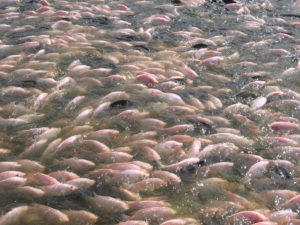
Part 2 looks at acoustics, environmental DNA and resistivity counter as noninvasive methods for fish biomass estimation.